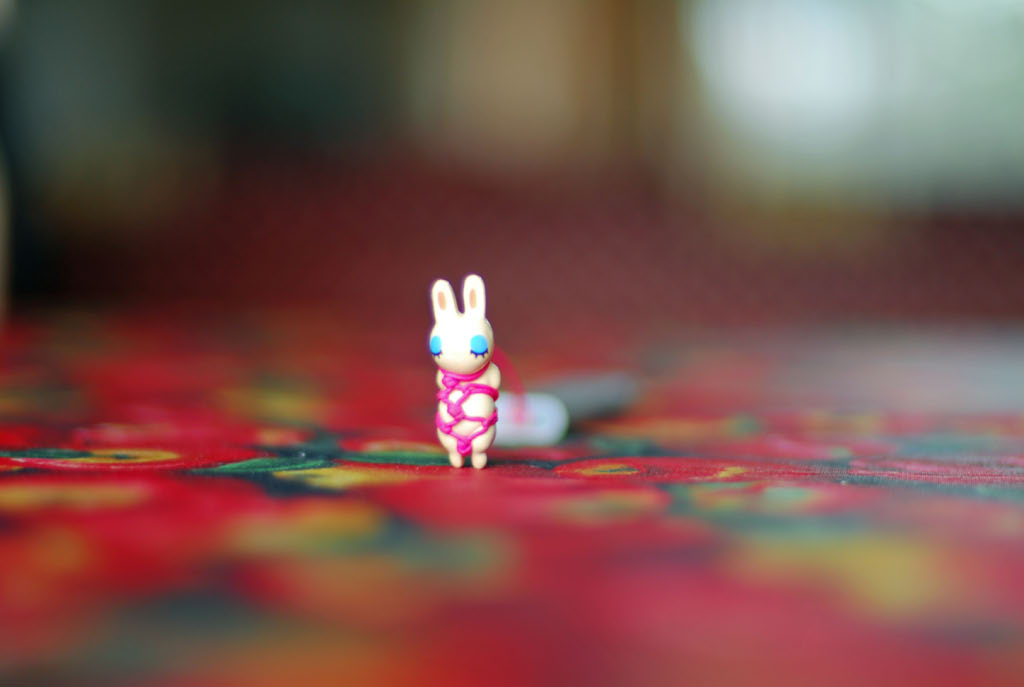Typical behaviours when carried objects go below a certain size: attaching similar objects together such as key rings; grouping similar objects together – the wallet being a commonly carried example; enlarging such as adding straps. Clustering is somewhat like a mobile center of gravity. Straps serve multiple purposes and I’ll write about the nuances once I’ve sorted out the research.
What happens when more of what we carry is designed and minaturized using nano tech? Will we become a society of attachers, groupers and enlargers? At what point do objects become so small that these strategies fail? At what point do objects that evolve into services become so distant that these strategies fail? Example – a carried key evolves into a remote monitoring service that provides access to the secure places and objects in your life – your car, home, diary. Embedding or attaching nano-objects to the body is one solution, but will another category of object arise – that of placeholder? An object whose only purpose it is to remind and support our use of some minutely small other object (or naturally clusters of minutely small other objects). Placeholder’s already exist – the business card is a common example. How will tomorrow’s placeholders be different than todays?
When an object can be any shape or size what shape or size should it be? When does form not follow function?
Photo? A Japanese bondaged bunny strap attached to an easy-to-lose USB drive.
